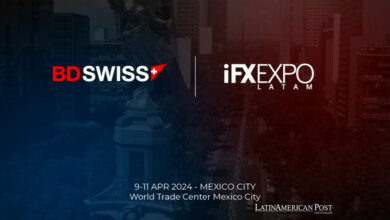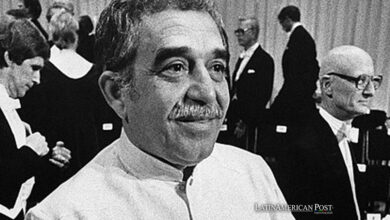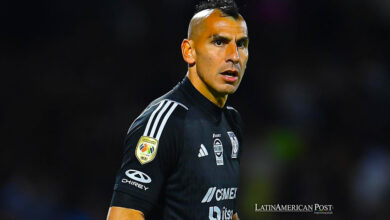What is Venezuela’s future after May 20th?
According to Eugenio Martínez, after the probable victory of Maduro there will be an increase in migration and economic sanctions to the national executive

Many questions continue to arise around the political and social future of Venezuela. Beyond the news context generated by the "doubtful" call for elections in advance by the National Constituent Assembly (ANC) and endorsed by the National Electoral Council (CNE), the general doubt in this situation is: what will happen after May?
Leer en español: ¿Cuál es el futuro de Venezuela después del 20 de mayo?
According to Eugenio Martínez, a journalist specializing in politics and electoral processes, it is likely that the winner of the May 20 elections will be Nicolás Maduro, giving way to a radicalization in the political arena of a relegitimized Chavism through the electoral system.
This aspect is perhaps one of the most complex, not to understand, but to confront, because both the Venezuelan opposition movement and the international community have strongly criticized the electoral process. This process was originally planned for April 22 and then postponed to May 20. For most sectors, we are in the presence of a resounding fraud, which they refuse to recognize.
This phenomenon, of course, has generated implications in the economic field for the South American nation. Countries like the United States, Canada, the European Union, and neighbors like Panama, among other nations, have sanctioned both Nicolás Maduro, as well as different members of his cabinet with confiscations of bank accounts, and even with the restriction of economic activities with the government Venezuelan.
Martinez explains that after May 20, these sanctions could be increased by the international community for Maduro and the Venezuelan State in general. However, what Martinez foresees closer is the increase of the migratory flow of the country and later an isolation of Venezuela on the part of the neighboring nations. According to the journalist, although these disciplinary measures exist, their implementation and effect could take a long time.
It is important to note that, from the government of the United States, sanctions have been promoted on such a scale that it has restricted the negotiations of other countries with Venezuela. In fact, those nations or companies that carry out economic activities with the Maduro government will also be penalized by North America.
It should be noted that the North American nation has been one of the most concerned about the guarantees of the upcoming electoral process. US Democratic Senator Dick Durbin, who met with Nicolás Maduro at the Miraflores Palace, warned the president that if the votes do not meet international standards, they will be considered illegitimate.
Durbin himself explained: "I traveled to Caracas to better understand the conditions faced by Venezuelans and to urge President Maduro to adhere to basic democratic norms, particularly with regard to the dubious elections scheduled for May." The senator also took advantage of his visit to Venezuela to ask for the release of Mormon missionary Josh Holt, a US citizen, who has been incarcerated in the Caribbean nation for almost two years.
Comfortable opposition
Something that has generated much controversy in this call for elections in Venezuela is the position assumed by Henry Falcón. Despite having been considered as a member of the opposition of this nation, Falcón ignored the calls for non-registration of candidates. His actions have been considered, by the MUD and other political movements, as an action to support the Maduro government.
This situation, according to Martinez, could also give way to the birth of a "more comfortable" opposition for the current Venezuelan regime. This "new" opposition on the part of Falcón and other actors is being formed with "strange parliamentary alliances", like that of Timoteo Zambrano.
"This would give way to the statements of Zapatero, who spoke of a coalition government, probably ended up materializing with Henry Falcón or with some of the members of his campaign command," Martinez said.
This situation would lead to a question about the position that the international community would assume, with the presence of a rising opposition inside the government or with greater empathy with the government of Nicolás Maduro.
Venezuelans without Venezuela
Another factor attributed by Martínez and other political and social analysts, regarding the future of Venezuela is the growth of the migratory wave. The traveling of Venezuelan citizens to other countries would increase because of the restrictive measures that could come in Maduro's new mandate, as well as the possible future consequences that the sanctions applied to the country could bring.
Although it is very difficult to guess the future, certain signs lead us to think what could be the closest future for Venezuela. The most important detail will be in the response of the international community. The latter received a call from members of the Supreme Court of Justice and the National Assembly in exile, who presented evidence implicating the Venezuelan president in corruption cases. With this evidence, they ask Interpol to capture Maduro.
Latin American Post | Julio Abella
Translated from “¿Cuál es el futuro de Venezuela después del 20 de mayo?”





